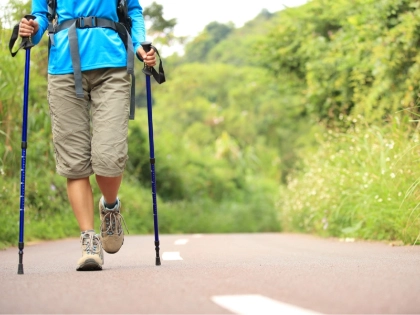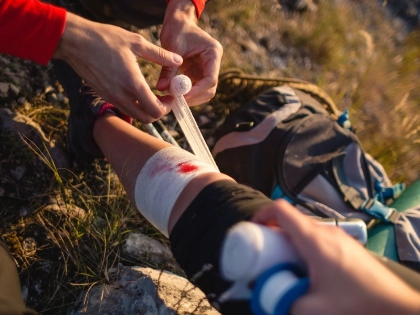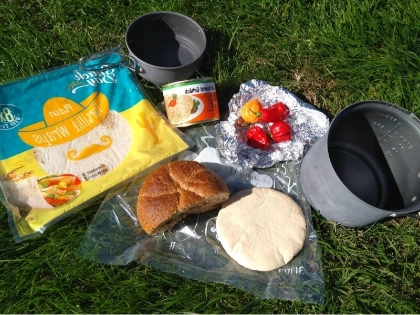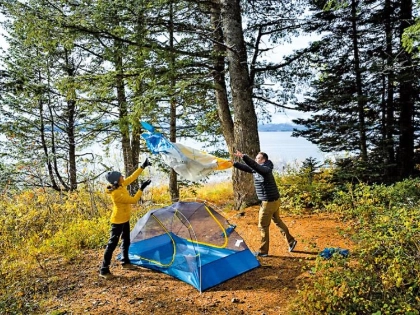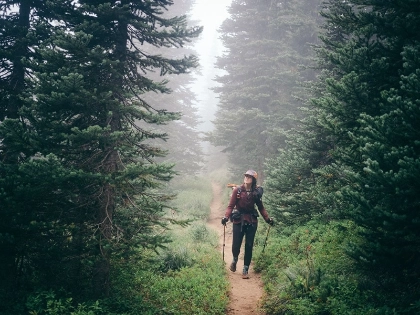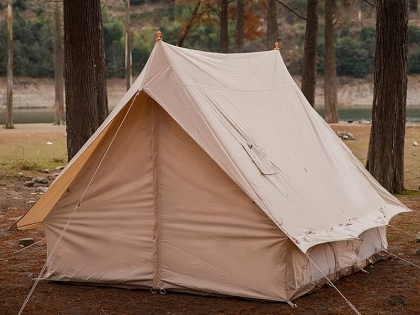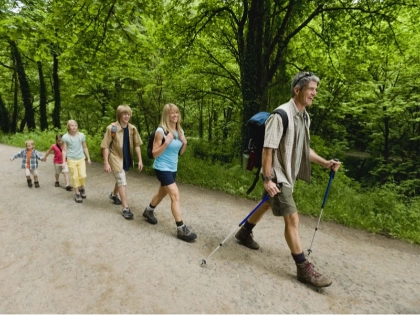Is Hiking Or the Gym Better?
Hiking, which tones your legs and burns calories, is a low-to-moderate cardiovascular activity. Additionally, it makes you happier and lessens tension in both your body and mind. The majority of walks entail ascending a large hill or mountain and then descending, which exercises your quadriceps, hamstrings, and calves. You cannot perform this exercise in a gym.
Exercise for the Heart

Developing Muscle
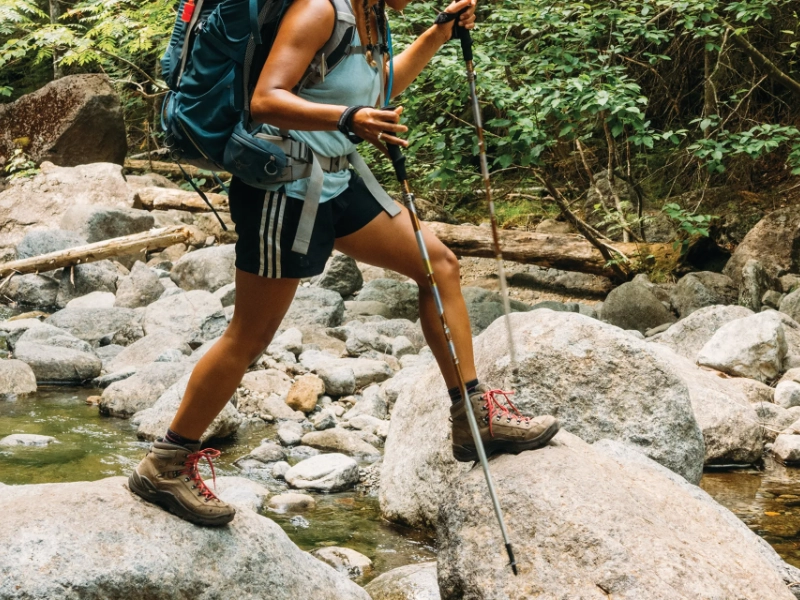 Muscle building is a wonderful benefit of hiking. If you eat healthily before and after your hike, it can aid in fat loss and muscle growth. In addition to improving cardiovascular endurance, hiking is a fantastic type of resistance training.
Hiking mostly works the muscles in the legs, such as the calf and quadriceps. These muscles are used differently when moving uphill and downhill, which promotes muscle hypertrophy.
Additionally, it somewhat tones the muscles in the upper and core bodies. It's crucial to remember, though, that hiking does not instantly result in muscular growth. Consuming protein is crucial to sustaining muscle growth because muscles require the right nourishment to flourish. Furthermore, proper sleep is essential for the healing and rebuilding of muscles. These elements have the power to make or break your ability to gain noticeable muscle mass just by hiking.
Muscle building is a wonderful benefit of hiking. If you eat healthily before and after your hike, it can aid in fat loss and muscle growth. In addition to improving cardiovascular endurance, hiking is a fantastic type of resistance training.
Hiking mostly works the muscles in the legs, such as the calf and quadriceps. These muscles are used differently when moving uphill and downhill, which promotes muscle hypertrophy.
Additionally, it somewhat tones the muscles in the upper and core bodies. It's crucial to remember, though, that hiking does not instantly result in muscular growth. Consuming protein is crucial to sustaining muscle growth because muscles require the right nourishment to flourish. Furthermore, proper sleep is essential for the healing and rebuilding of muscles. These elements have the power to make or break your ability to gain noticeable muscle mass just by hiking.
Reliever of Stress
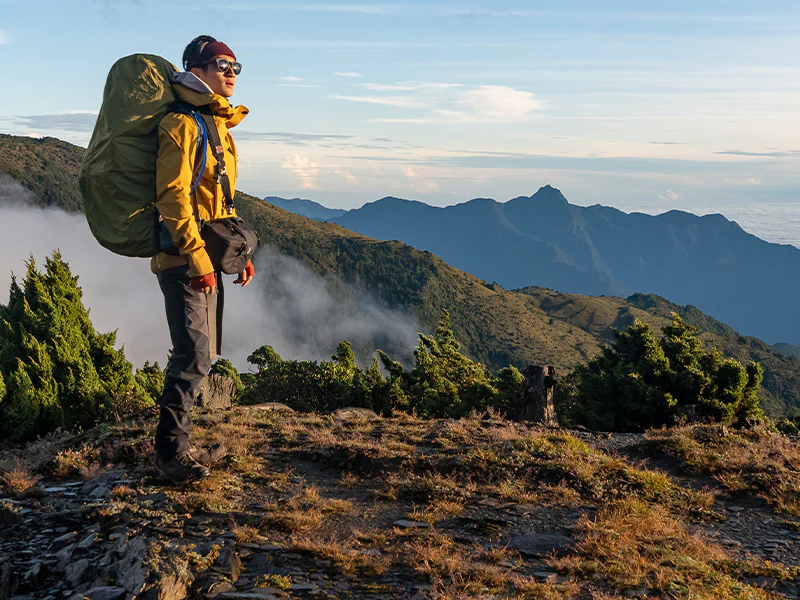 Hiking offers not just a stress-relieving workout but also a dose of nature's restorative powers. A recent ADAA poll found that one of the best methods to reduce stress is to exercise.
Hiking works your abs, trapezoids, and back muscles with its frequent up-and-down and side-to-side motions. It also strengthens the stabilizing muscles that guard against injuries by teaching your body how to move as it was intended to.
The majority of hikes include ascending and descending a mountain, which exercises every muscle in your legs. Hiking trains your legs to use less oxygen, which can help you increase your VO2 max and get ready for high-altitude events. It's also a great method to address imbalances in your calves, hamstrings, and quadriceps.
Hiking offers not just a stress-relieving workout but also a dose of nature's restorative powers. A recent ADAA poll found that one of the best methods to reduce stress is to exercise.
Hiking works your abs, trapezoids, and back muscles with its frequent up-and-down and side-to-side motions. It also strengthens the stabilizing muscles that guard against injuries by teaching your body how to move as it was intended to.
The majority of hikes include ascending and descending a mountain, which exercises every muscle in your legs. Hiking trains your legs to use less oxygen, which can help you increase your VO2 max and get ready for high-altitude events. It's also a great method to address imbalances in your calves, hamstrings, and quadriceps.
Improved Rest
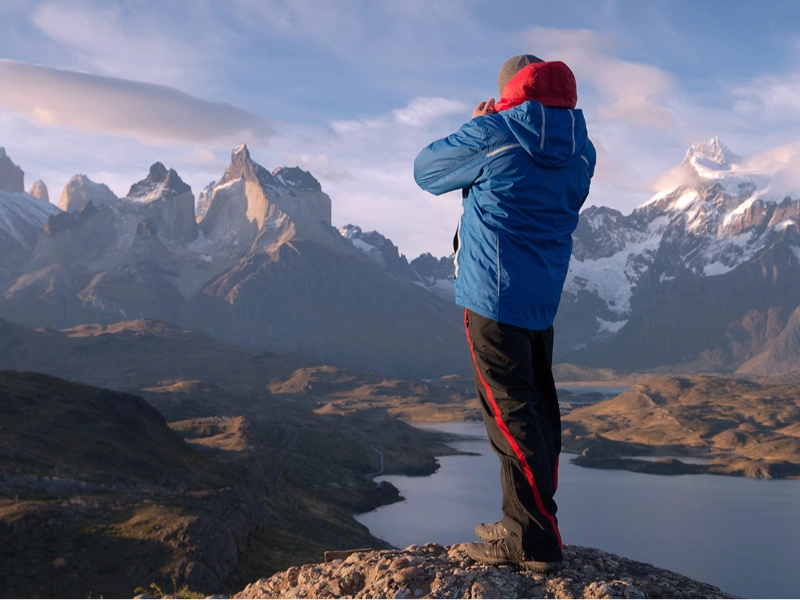 Inadequate sleep can raise your chances of dying young by 12%, according to research published in the scientific journal "Sleep." (2) Getting more sleep will undoubtedly benefit your training regimen; the renewed vitality following a restful night's sleep should inspire you to go for a trek or a gym session. But did you know that you can get better sleep with even a moderate amount of exercise? Research that was published in the "Journal of Applied Physiology" indicates that individuals who work out at any time of day sleep better than those who don't.
Inadequate sleep can raise your chances of dying young by 12%, according to research published in the scientific journal "Sleep." (2) Getting more sleep will undoubtedly benefit your training regimen; the renewed vitality following a restful night's sleep should inspire you to go for a trek or a gym session. But did you know that you can get better sleep with even a moderate amount of exercise? Research that was published in the "Journal of Applied Physiology" indicates that individuals who work out at any time of day sleep better than those who don't.
